Year 11 Students Delight in Charles Dickens Museum Visit
Just before Christmas, a group of 30 Year 11 students embarked on a trip to the Charles Dickens Museum. The students participated in a captivating workshop focused on Charles...
Filter by Category
Filter by Author

























































































































































































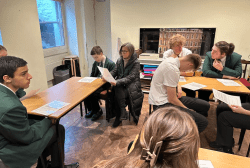
Just before Christmas, a group of 30 Year 11 students embarked on a trip to the Charles Dickens Museum. The students participated in a captivating workshop focused on Charles...
Posted by Anthony Carter

It was a privilege to join Ash House assembly this week and hear from their inspirational Head of House Ms Hughes talk about the hugely important Theme of the Week Consideration....
Posted by Jeremy Turner

In our Monday Magic Moment at the start of the week in Staff Briefing Head of Performing and Visual Arts Mr Knowles provided all staff with some excellent feedback from one of the...
Posted by Jeremy Turner
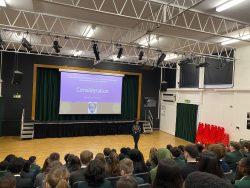
Assistant Headteacher Ms Silla led the Beech House Assembly this week which encouraged all students to think about the important Theme of the Week Consideration. She provided key...
Posted by Jeremy Turner

Last Friday it was one of those powerful ‘moments in time’ where our Year 11 students could experience in part what it is going to be like opening their real GCSE...
Posted by Jeremy Turner

Last Friday it was one of those powerful ‘moments in time’ where our Year 13 students could experience in part what it is going to be like opening their real A level...
Posted by Jeremy Turner

It was a privilege to watch our outstanding Head of Faculty for PE and Health Mr Cartledge teach a Year 8 lesson last week on the Astroturf. The lesson was tailored to the...
Posted by Jeremy Turner

Word Root of the Week: Port This week’s word root is port, which means “to carry.” You may not realize it, but port shows up in many words you use every day. For example,...
Posted by Amy Druce
We are delighted to announce that our school has subscribed to www.kayscience.com for all students. This superb online resource supports learning and revision for both KS3 and...
Posted by admin

The Sixth Form team was delighted to host our annual Alumni event in the last week of term. We are so proud of our students and endeavour to keep in touch to find out their next...
Posted by Michelle Sullivan
The Sixth Form team was delighted to host our annual Alumni event
in the last week of term. We are so proud of our students and
endeavour to keep in touch to find out their next steps and career
paths. We were overwhelmed by how many of our 2024 leavers
came as it underpins how much of a ‘family’ the Bushey Meads
community is. There was a real buzz in the room as former students
reconnected with each other as well as staff. There were also several
past students in attendance who had left the Sixth Form more than 5
years ago who were now established in their chosen careers so it
was exciting to discover where their hard work and qualifications had
led.
We also invited some year 11 students to the Sixth Form centre so
that they could be inspired by former pupils and ask them questions;
particularly if they wanted to pursue a similar subject at university.
Joshua also gave a presentation on his first term at university and his
experiences of living away from home.
It was fantastic to see Anton, who left the Sixth Form this summer to
study at the Royal Academy of Music. Anton always played the ‘Last
Post ’ on his oboe at 11am in the playground on Remembrance day.
It was great to hear that he had been chosen to play it at his
university on the 11 th November too.
We are also so proud that three valued members of staff; Mr Peskin,
Miss De Alwis and Miss Sunpongco, all attended the Alumni event as
they were all Bushey Meads students.
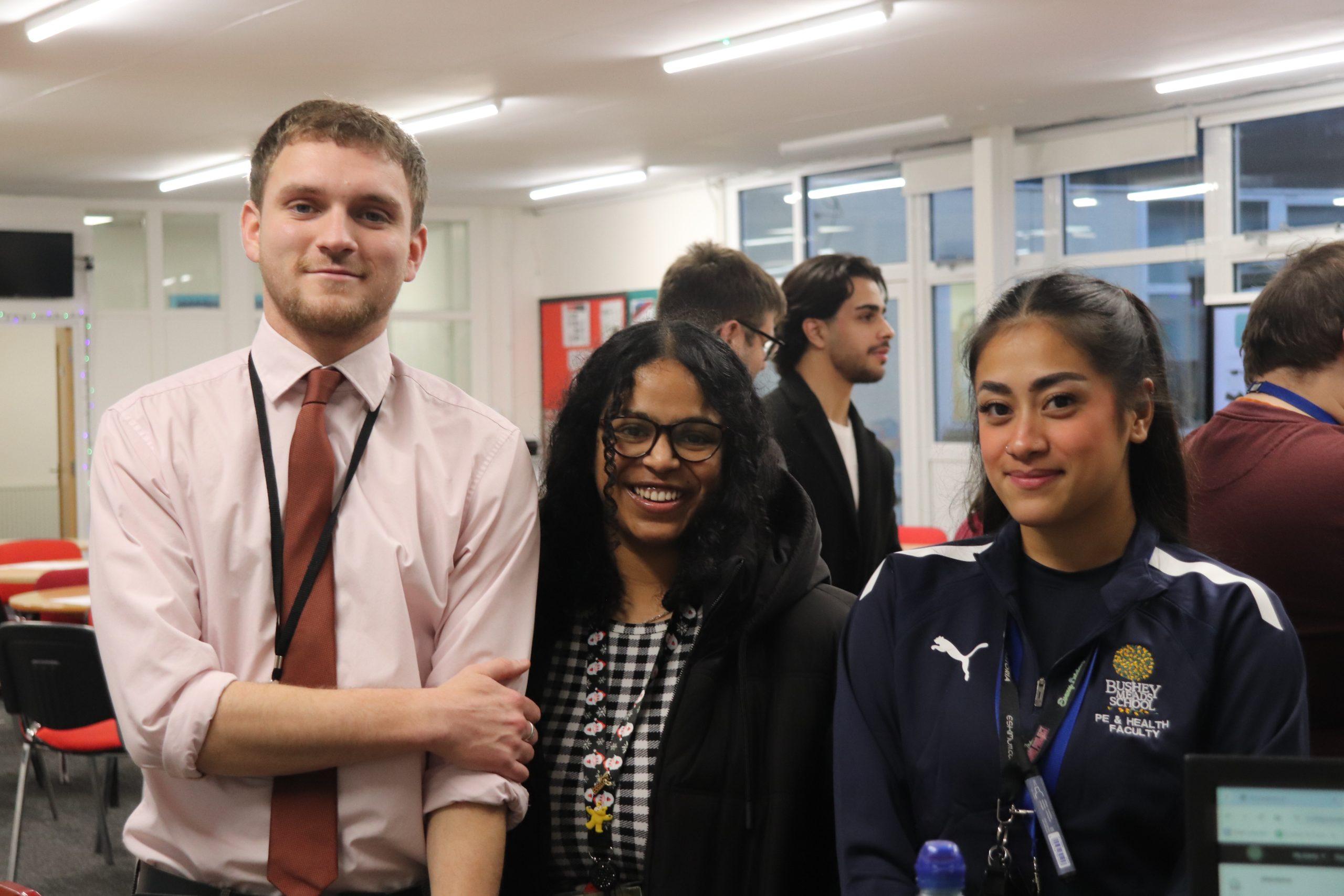
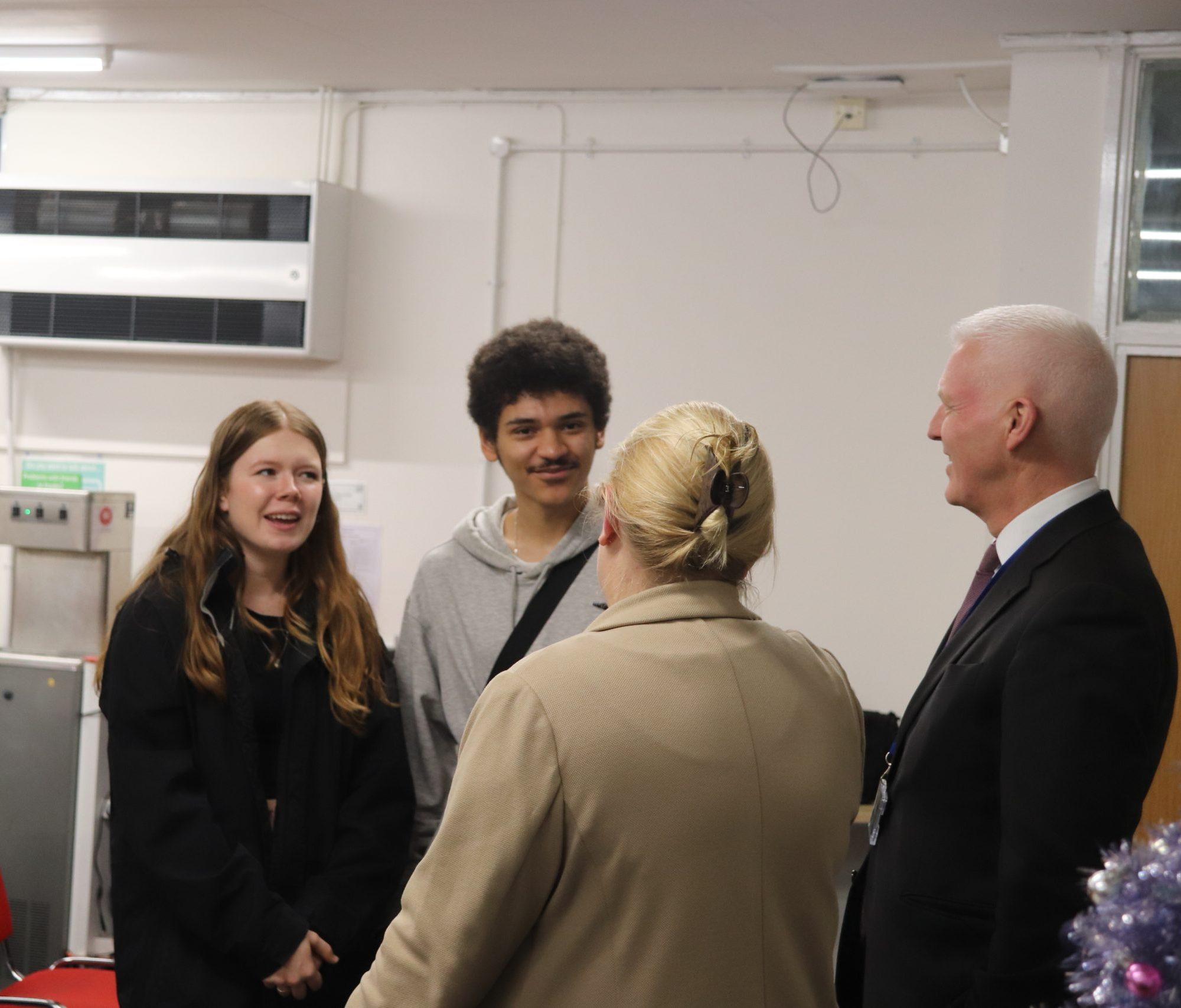
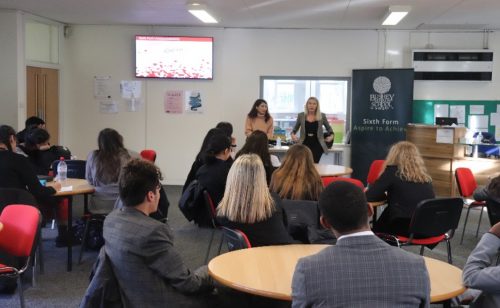
This week we welcomed Raisa Murtaza and Charlotte Boswell to Bushey Meads School to talk to Sixth Formers. Raisa is a Solicitor specialising in clinical negligence for the NHS...
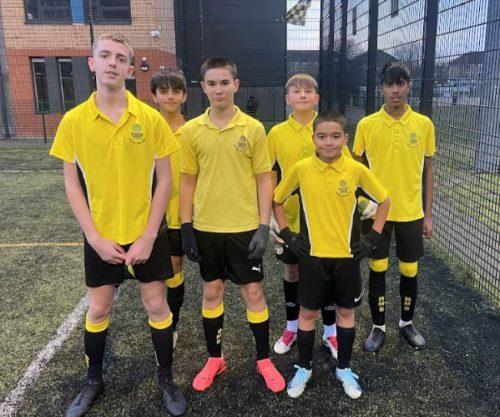
PE CONCEPT of the Week: TEAMWORK (HEART) Mrs Cooper The BMS PE and Health Faculty are committed to promoting an active, healthy lifestyle amongst the BMS student population. In...